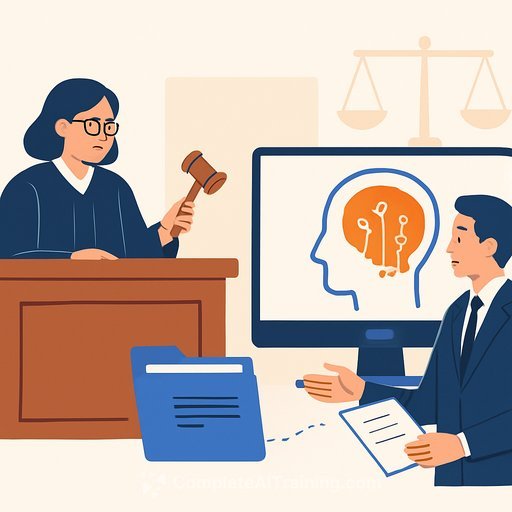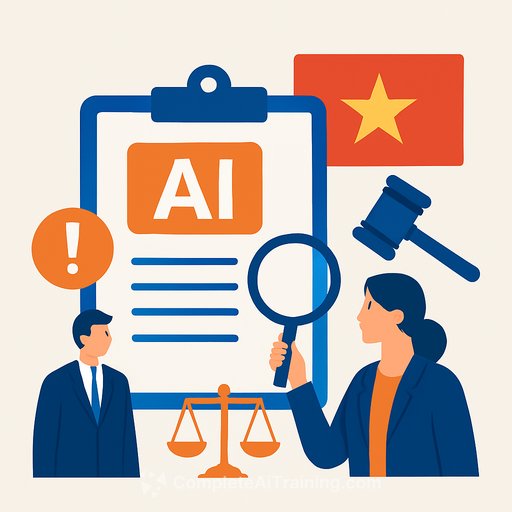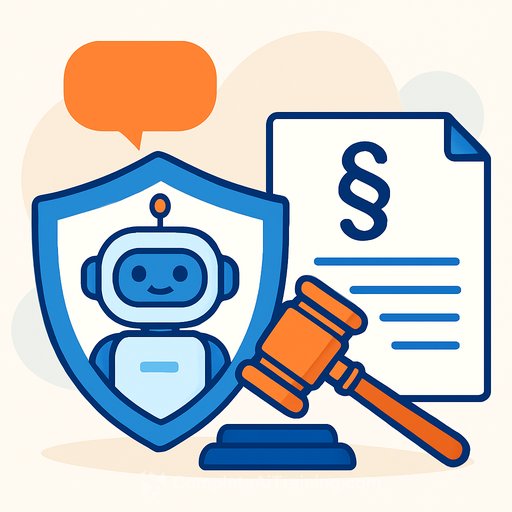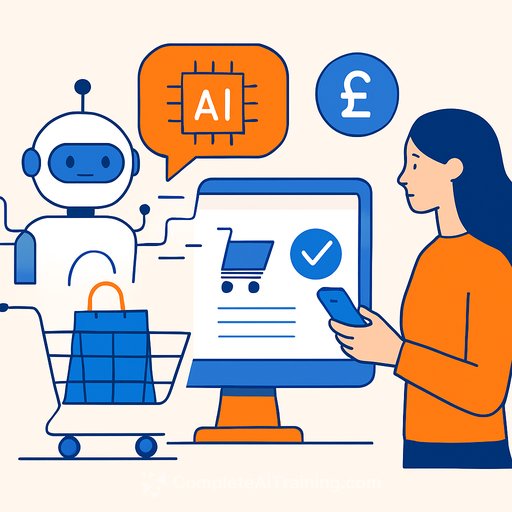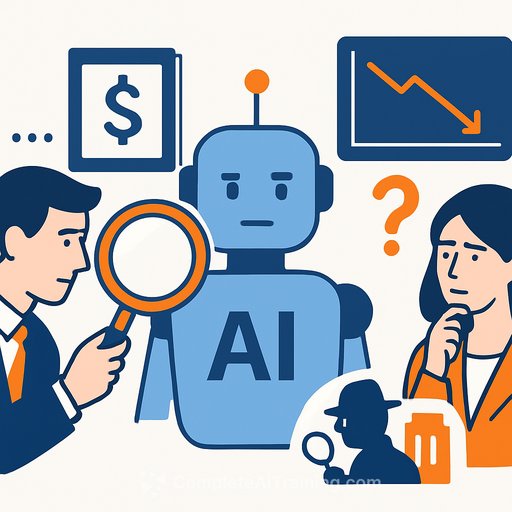Responsible AI in courts: The answer is CoCounsel Legal
In Part 1, we saw the reality: 31% of court professionals are wary of AI while only 15% are excited. The hesitation is rational-accuracy matters, and recent missteps with generic tools have made everyone more cautious.
Part 2 is about the fix. If the goal is defensible work product, generic systems won't cut it. Professional-grade AI built for legal practice sets a higher bar and makes verification the default, not an afterthought.
Next-level verification: moving beyond citation checks
The reliability of any AI system starts with its sources. Public chat tools don't have full access to proprietary legal databases, which limits depth and accuracy. CoCounsel Legal is different-it's grounded in authoritative content from Westlaw and informed by Practical Law, maintained by 1,200+ full-time attorney-editors who monitor and update resources you can actually rely on.
Every answer from CoCounsel Legal includes citations and hyperlinks to source material. You can spot-check a case quote, trace a standard of review, or validate a regulatory interpretation in seconds. Under the hood, its retrieval-augmented generation (RAG) ensures responses are grounded ONLY in trusted content.
- Enterprise security and compliance baked in: SOC 2 Type II and ISO 27001 processes guide development and operations
- Zero-retention API architecture: your data stays yours
- 24/7 security monitoring and threat detection
- Trusted by all U.S. federal courts and 99.6% of Fortune 500 companies
For context on these standards, see AICPA SOC 2 and ISO/IEC 27001.
Research that anticipates how a judge will read it
CoCounsel Legal doesn't stop at finding authority. It develops multiple interpretations and applications of cases so arguments stay relevant and persuasive, not misleading or off-point.
Deep Research on Westlaw Advantage is now live, mapping research from an initial query to follow-up questions and targeted authority. It's especially useful for constitutional issues, pinpointing standards of review and remedies by jurisdiction, addressing circuit splits, and exploring new or interdisciplinary areas. The result: clear, supported conclusions you can verify and refine with your own follow-up prompts.
The critical need for professional-grade AI
Courts are drawing firm lines. In Sylvia Noland v. Land of the Free, L.P., et al. (Sept. 12, 2025), the court found multiple inaccuracies: quoted language that didn't appear in the cited cases, irrelevant citations, and a few that were entirely fabricated by the AI tool used. Plaintiff's counsel was sanctioned $10,000. The court also denied opposing counsel's fee request, noting they missed the fabricated quotes too.
This is the standard shifting in real time. Judges can't police AI on appearance alone-they need verifiable sourcing. CoCounsel Legal gives you that: transparent citations tied to authoritative legal content, so courts can distinguish verified work from guesswork.
Make it flow with your workflow
AI is useful only if it fits the way your team already works. CoCounsel Legal integrates into research, drafting, and review without forcing new habits for the sake of technology.
You keep "human-in-the-loop" control for oversight, privilege, and compliance with court rules and professional standards. The system reduces manual steps while preserving accountability.
Move ahead, but do it securely
If your firm wants speed without sacrificing accuracy, the path is clear: use professional-grade AI grounded in verified sources with built-in security and auditability. Many courts have been slow to adopt AI, but the shift is underway.
Now is the time to prepare your team-establish policies, train on verification, and pick tools that meet court expectations. If you're building internal capability, you can explore role-based AI upskilling here: AI courses by job.
CoCounsel Legal is the AI lawyers swear by: trusted content, expert insights, and an all-in-one solution with ISO 42001 certification.
Your membership also unlocks:

